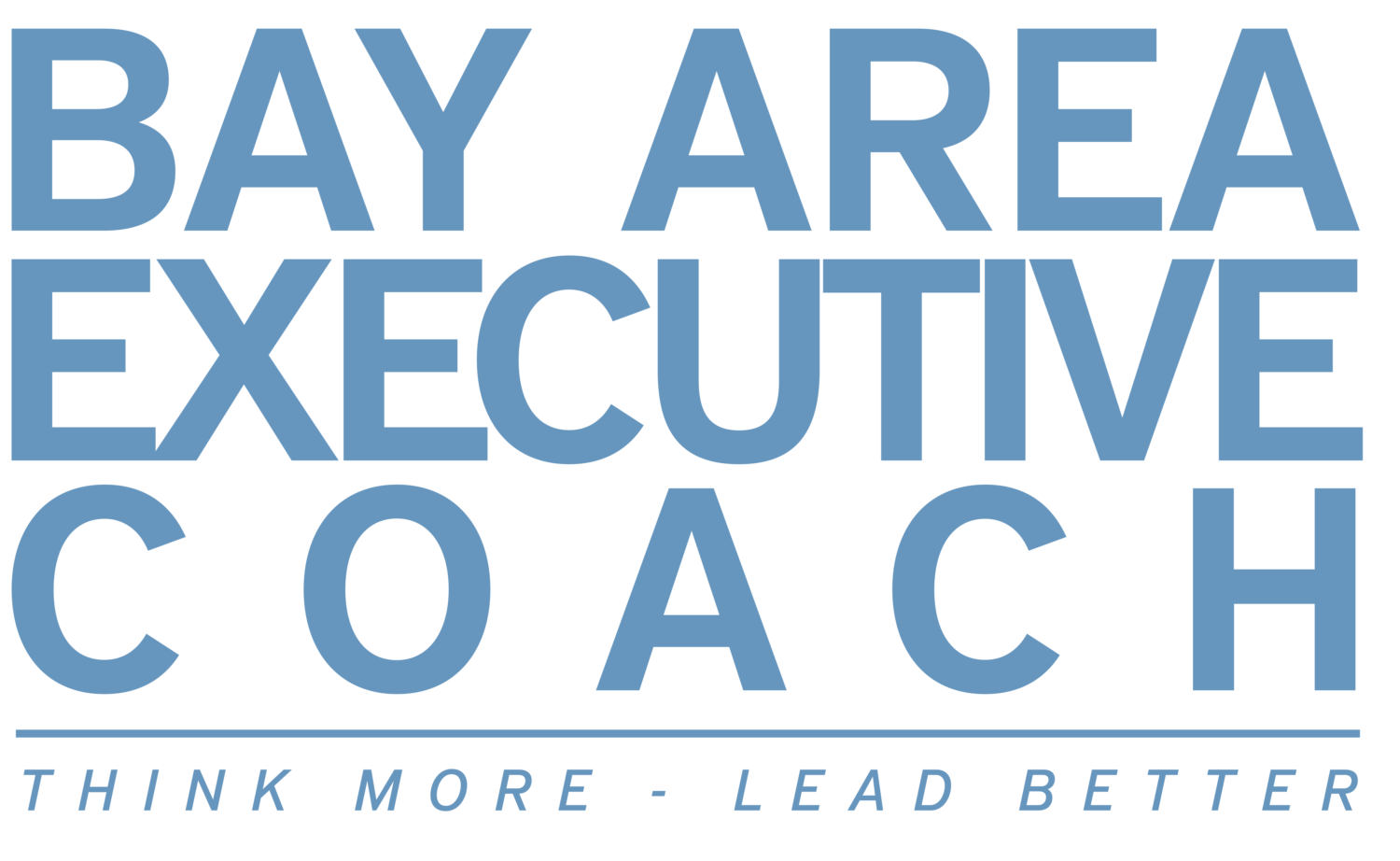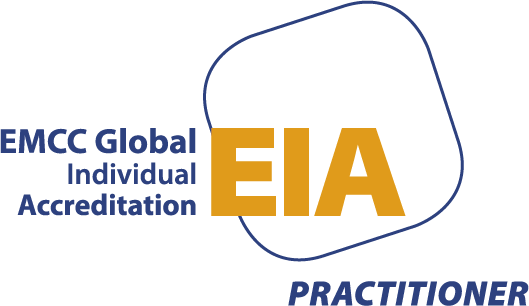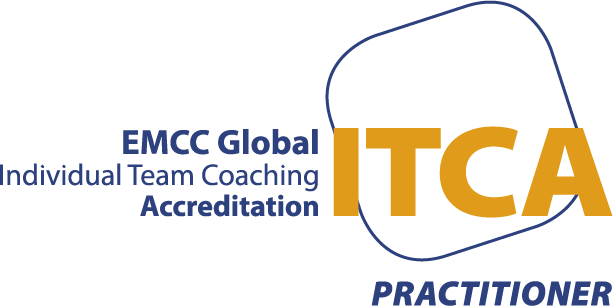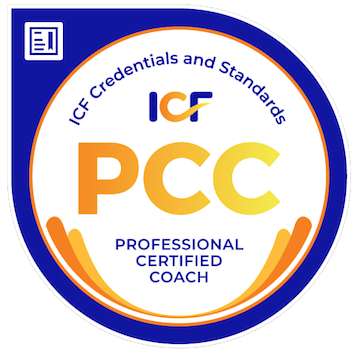Mackenzie is also an experienced sales professional, but one who realizes there’s always new information to learn and new skills to master. Recently, she participated in an online sales training program that strengthened her skills in time management and client outreach by giving her practical and actionable ideas. Once disorganized and randomly going about her day, Mackenzie now follows a disciplined schedule that’s already boosted her efficiency and productivity while incorporating time for business reading and professional development. “Ultimately I’m my own boss,” she thinks. “It’s up to me to stay on course, fight off distractions, and never stop working to improve my skills.” Mackenzie’s boss cited her self-management skills when recommending her for a promotion to manage a team. 
Here we see another example of two salespeople who differ in an aspect of emotional intelligence, in this case: self-management. As Mackenzie realizes, each of us is ultimately our own boss. How much we accomplish in life and how far we progress really comes down to how disciplined and motivated we are to manage ourselves and our time in effective and appropriate ways.
While Jeff brushes off his tendencies to waste time or devalues the importance of ongoing development, Mackenzie embraces the need for keeping to a schedule, improving her skill set, and fighting off distractions. Jeff’s approach is self-limiting, Mackenzie’s is self-expanding.
What is Self-Management?
Self-management can be defined as the efforts of an individual to exert control over certain aspects of their decision-making and behavior. It’s a set of behavioral strategies that help a person structure their environment, establish self-motivation, and increase performance.
Self-managed people know how to maintain their poise and focus, regardless of the situations they find themselves in. They prioritize effectively and don’t waste time on trivial or irrelevant matters. Two significant qualities present in self-managed sales professionals are:
- Effective response to stressful situations
- Continuous Self-Improvement
For better or worse, stress is part of everyday life. We all experience stress at times, but especially when things don’t go according to plan or when unexpected challenges suddenly loom up out of nowhere. People lacking self-management skills tend to crumble when stress levels get too high. They veer away from the life skills they’ve relied on for years to survive and they give in to the stress.
On the other hand, the self-managed person accepts the inevitable challenge of stressful situations, and works actively to reduce the causes of the stress, or at least keep them to manageable levels. Self-managed people tend to be proactive about stressful situations, gathering the tools and knowledge they need to deal with stress ahead of time, before it escalates to dangerous levels.
Self-managed people also recognize the need to continuously invest in themselves through ongoing learning and skills improvement. They know education didn’t stop the moment they graduated from college, but is instead a lifelong journey with ever-expanding avenues of knowledge to explore and absorb. Self-managed sales professionals structure their careers around continuous self-improvement, and because they do, they’re much more capable of adapting to changing sales environments. The last few years have taught us just how valuable this approach can be.
If knowledge is power, then self-managed people committed to self-improvement are indeed a lot more powerful than those who think they already know it all, or that learning more is a waste of time.

Self-Improvement Tips for Sales Pros
Managing one’s self is the most important job a salesperson will ever undertake. By learning this discipline, you’ll find that job opportunities open up and your production is enhanced. Most salespeople are self-starters and must do their own motivating and scheduling. Therefore, don’t wait for things to happen – go out there and make them happen!
Here are 6 good self-management practices when working in sales:
- Plan your work
Plan your work and work your plan. Think about what you want to accomplish and how you’ll meet your daily goals. Think in terms of your customers’ needs and perceptions. Set monthly, quarterly and annual goals and plan for how you’ll progress towards achieving these objectives on a weekly and daily basis. Plan thoroughly and don’t leave important things to chance.
- Prepare to accomplish your daily/weekly/monthly goals
If planning is the “what,” preparation is the “how.” Preparation reduces fear, mobilizes our abilities, and creates the focus needed to make goals a reality. Preparation empowers you with the confidence and enthusiasm needed to make things happen. If you prepare well to do anything, you will do it. This would incorporate preparing for meetings with important people, ensuring you have the latest knowledge on your competitors, and following industry trends so you can be consultative in conversations with clients.
- Schedule your activities
Planning and scheduling go hand in hand. After you’ve made your plans, nail down the time allotments needed to fulfill them. Don’t just create a to-do list, schedule each item on that list and honor that commitment when the time comes. This is what truly motivated and disciplined people do to own the day.
- Be a self-starter
Procrastination is part of human nature, so you may have to make conscious and concerted efforts to overcome it. Therefore, make your plans, rehearse your actions, and then just go out there and put your plan into action. A great sage once posed the rhetorical question: “If not now, when?” Remember this question as you overcome the urge to procrastinate.
- Maintain a balanced sales effort
A balanced sales effort helps you to sell all the products and services available. Every customer is different and has different requirements. So, tailor your presentation to suit the customer you’re interacting with. A balanced sales effort also helps create a strong customer base. While many salespeople focus on getting new customers, increasing business with existing ones often gets overlooked. Make serving existing customers a truly important part of your sales efforts.
- Keep good records
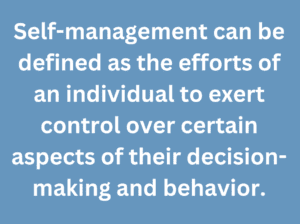
Most salespeople find this the hardest to accomplish. Maintaining a good history of every account shows where customers have been and, more importantly, where they may go. Keep a job log of pending and in progress sales, and make sure customers are continuously supplied with what they need. Strive to become an extension of their business. CRM software organized properly will help you stay on top of all the data surrounding your client and prospect contacts.
Successful self-management needn’t be a “Mission Impossible” scenario. With a good dose of discipline paired with implementation of the above tips, you’ll be well on your way to planning and meeting all your goals with efficiency and precision. And your clients will wind up appreciating you even more, which will grow your business!
If you gained much from this post, we invite you to register for our online sales course. If you want to go even further to see how heightened self-management can impact your sales, then consider working with us 1on1 or with your team. Send us a message to start the conversation.
Here are more resources related to this topic:
Articles
- Self-Management for Leaders
- Emotional Reasoning for Sales Professionals
- The Value of Authenticity in the Sales Process
- The Importance of Developing Awareness of Others for Sales Professionals
- Self-Awareness: The First Step to Emotional Intelligence for Sales Professionals
Case Study
Videos
Photo copyright: Featured photo is from ©Jep Gambardella via Pexels. Secondary photo is from ©Mikhail Nilov via Pexels.
